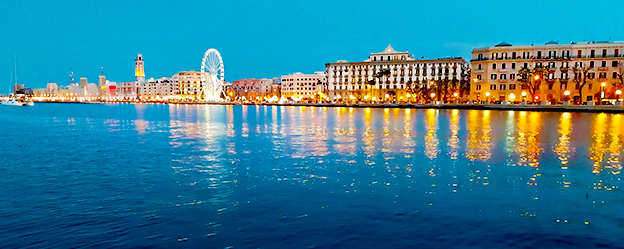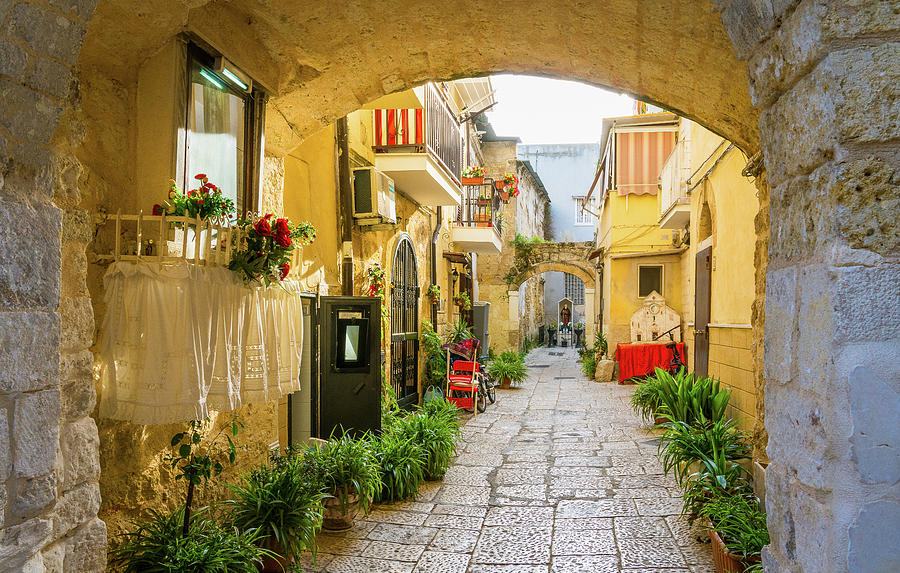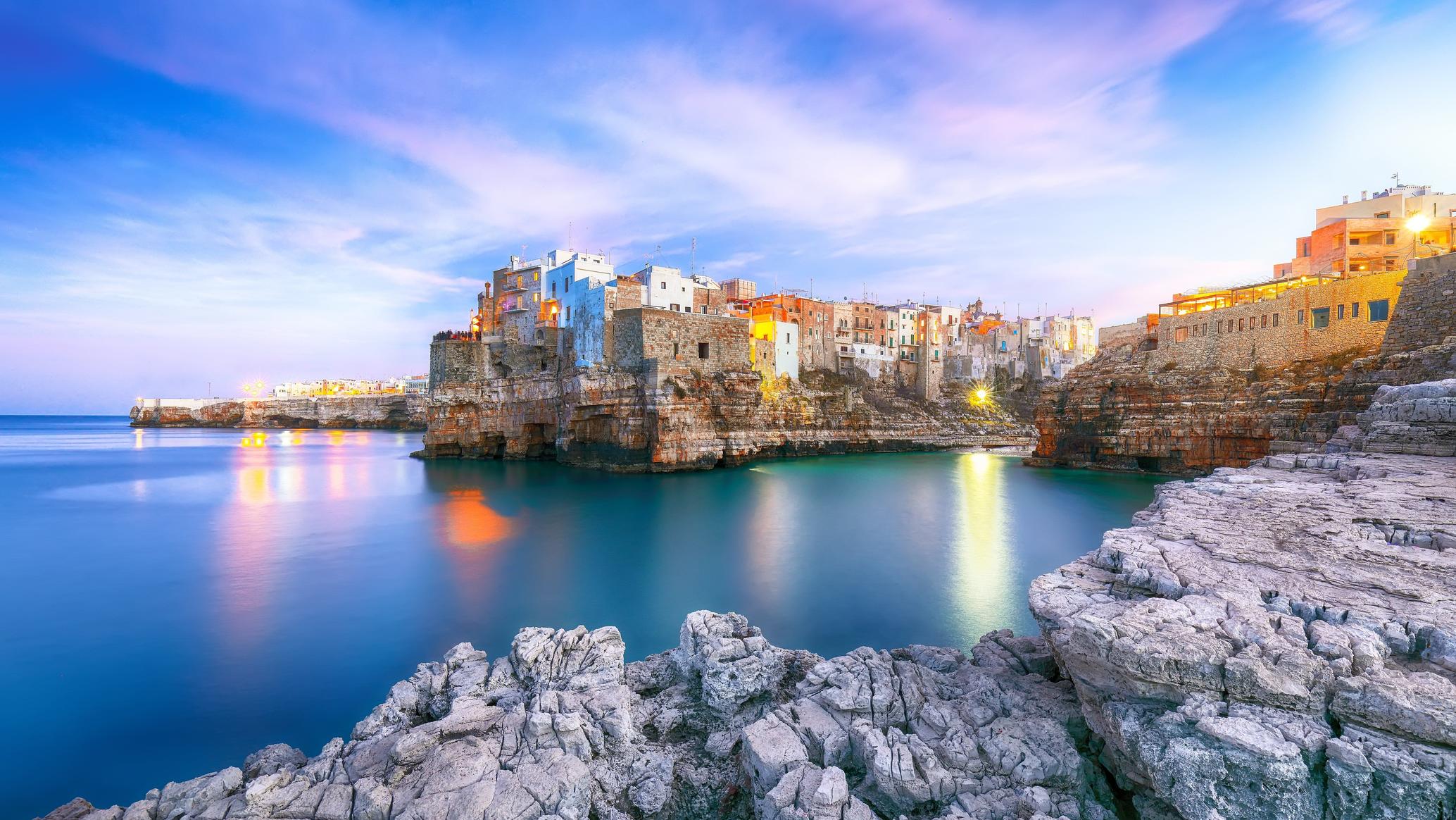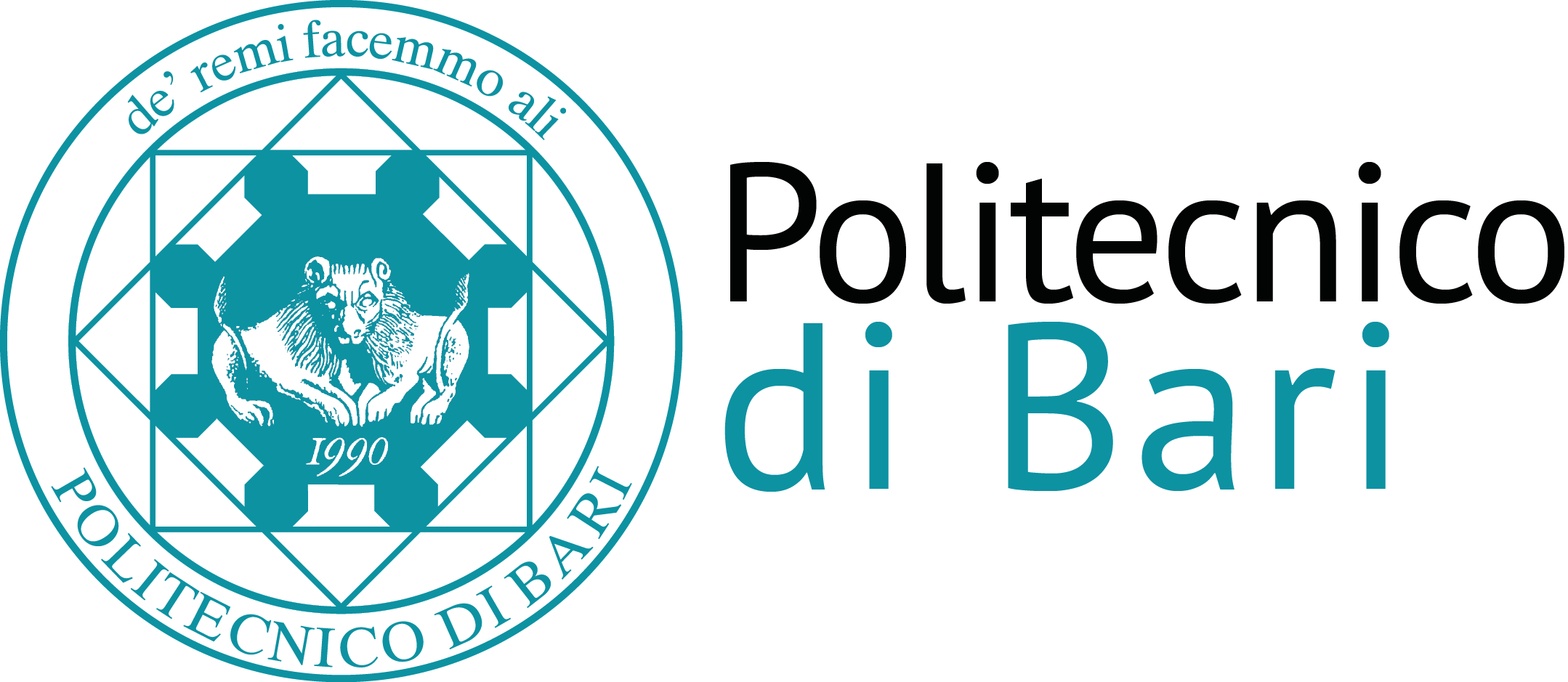Welcome to CoDIT 2026
The 12th 2026 International Conference on Control, Decision and Information Technologies (CoDIT 2026) marks the twelfth edition of a prestigious series inaugurated in 2013. Following the success of CoDIT 2025, held in Split, Croatia, the upcoming edition will take place in Bari, Italy, from July 13 to 16, 2026.
CoDIT 2026 will once again provide an outstanding forum for the exchange of cutting-edge research and innovations among experts in Control, Automation, Robotics, Optimization, Decision, Cybernetics, Artificial Intelligence, Computer Science, Information Technologies, Green Energy, and Smart Systems. The conference aims to foster collaboration between academia and industry, addressing emerging challenges, sharing novel solutions, and shaping future research directions.
The scientific program will feature plenary lectures, regular technical sessions, special sessions, workshops, and panel discussions, offering a comprehensive and stimulating platform to explore the latest advances and future trends in these dynamic fields.
CoDIT 2026 will be in a hybrid format, allowing both virtual and in-person participation.
Welcome to Bari, Italy
Bari is the capital city of the province of Bari and of the Apulia region, on the Adriatic Sea, in Italy. It is the second most important economic centre of mainland Southern Italy after Naples, and is well known as a port and university city, as well as the city of Saint Nicholas.

Bari is made up of four different urban sections. To the north is the closely built old town on the peninsula between two modern harbours, with the Basilica of Saint Nicholas, the Cathedral of San Sabino (1035–1171) and the Hohenstaufen Castle built for Frederick II, which is now also a major nightlife district. To the south is the Murat quarter (erected by Joachim Murat), the modern heart of the city, which is laid out on a rectangular grid-plan with a promenade on the sea and the major shopping district (the via Sparano and via Argiro).
Bari is home to two universities: the University of Bari that focuses on the arts, sciences, mathematics, social sciences, literature, medicine, law, and education; while the Polytechnic of Bari that is a state technological university, shapes architects, engineers and industrial designers.
Modern residential zones surround the centre of Bari, the result of chaotic development during the 1960s and 1970s replacing the old suburbs that had developed along roads splaying outwards from gates in the city walls. In addition, the outer suburbs have developed rapidly during the 1990s.


The pace of life is dominated by the rhythms of work, especially of commerce, its main source of wealth. Due to its “vocation” for commerce, in Bari there are many shops and stores of every kind.
Bari’s cuisine, one of Italy’s most traditional and noteworthy, is based on three typical agricultural products found within the surrounding Puglia region, namely wheat, olive oil and wine.
Bari, being the capital of an important fishing area, offers a range of fresh fish and seafood, often eaten raw. Octopus, sea urchins and mussels feature heavily. Indeed, perhaps Bari’s most famous dish is the oven-baked Patate, riso e cozze (potatoes with rice and mussels). Bari and its province, not to mention the Puglia region, have a range of notable wines including Primitivo, Castel del Monte and Moscato di Trani.




